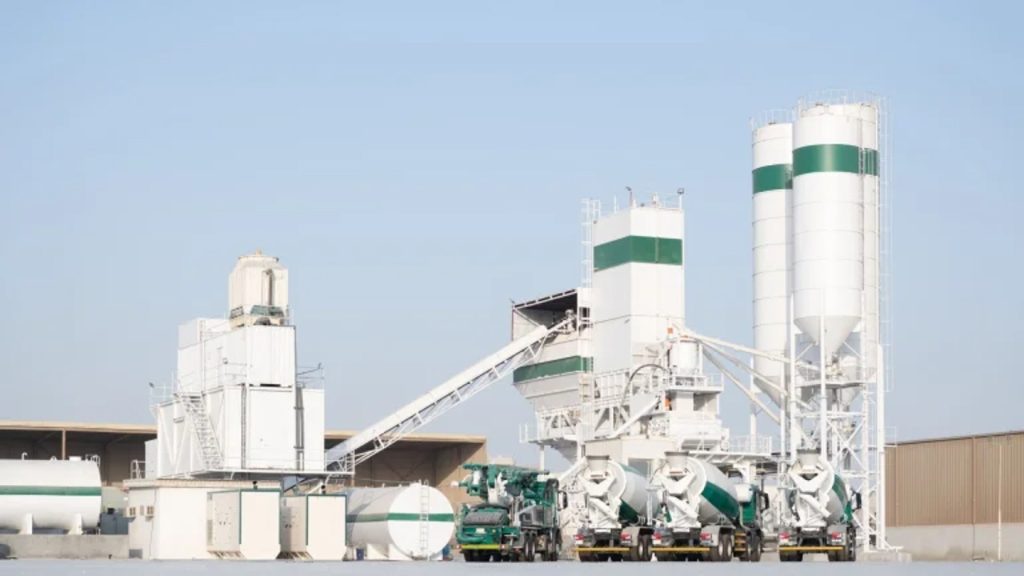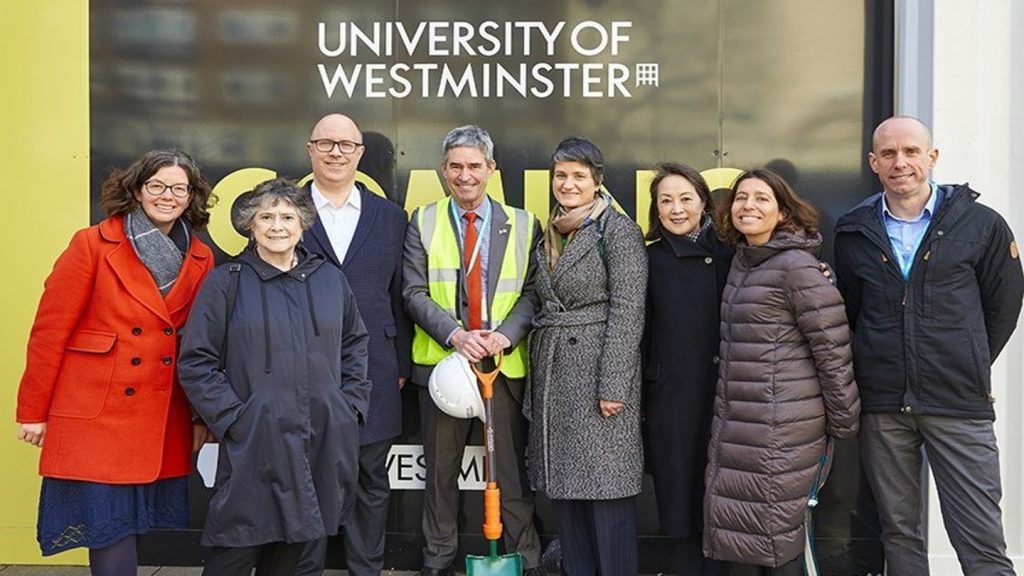WakeCap, a Saudi Arabia-based smart construction project management solutions provider, has entered into a strategic partnership with US-based OpenSpace.
This collaboration is set to bring global technology to the domestic Saudi market, aiming to revolutionise its construction sector, according to a press release posted on Zawya.
The partnership is expected to create a centralised hub for all construction technology needs in Saudi Arabia.
WakeCap offers real-time insights into worker activity and equipment usage through its smart hard hat solution.
This data is said to be crucial for project owners to make informed decisions that can improve site safety, streamline workflows, and optimise overall project execution.
Meanwhile, OpenSpace, an AI construction technology company, assists commercial builders in operating more efficiently and with less risk.
The alliance between WakeCap and OpenSpace is designed to enhance operational efficiency and provide more transparency for Saudi construction projects.
It enables better decision-making and project management, addressing the challenge of talent scarcity by allowing for more efficient resource utilisation.
The collaboration also introduces remote progress monitoring and tracking capabilities.
These are intended to reduce the need for frequent site visits and foster smarter work practices in line with the demands of today's fast-paced construction environment.
WakeCap CEO and co-founder Hassan Albalawi said: “At WakeCap, we are deeply committed to setting the industry standard for data-powered site visibility, and our partnership with OpenSpace is a testament to this. Together, we are poised to propel the Saudi construction industry into a new era of transformation, marked by greater transparency, efficiency, and reliance on cutting-edge technology.
“This collaboration is more than a partnership - it's also a pledge to empower Saudi companies with the necessary tools to thrive in a competitive market. By combining our expertise, we offer local access to global technological advancements, simplifying procurement, and ensuring these innovations are tailored to meet local requirements.”















